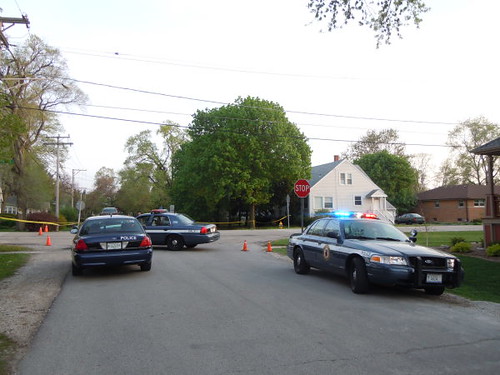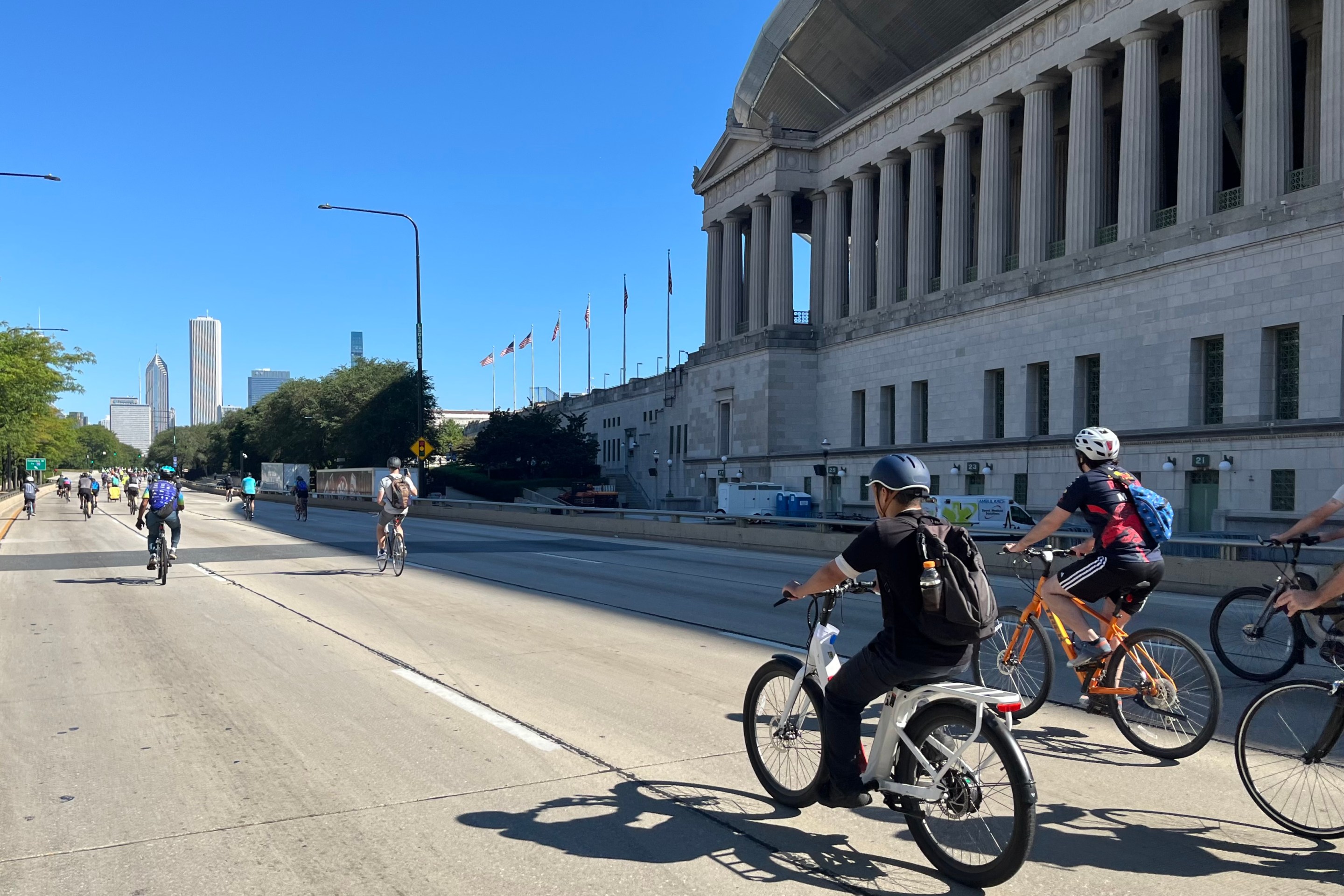In the spring of 2011, there were two fatalities with several parallels. In each case a teenage boy who was doing something illegal collided with an innocent female victim, killing her. One perpetrator was sentenced to more than three decades in prison; the other received no jail time at all. A difference between the cases, which may have played a role in the wildly disparate consequences of their actions, was that while the first teen was in a CTA station, the second was behind the wheel of a car.
On the afternoon of March 28, 2011, Prince Watson, 17, grabbed an iPhone from a passenger on a Brown Line car as it arrived at the Fullerton stop, according to the Tribune. As he was fleeing the scene through the crowded station, he collided with Sally Katona-King, 68, pushing her down a flight of stairs; she suffered multiple injuries and died the next day.
That August, after he was apprehended during another attempted smartphone theft, Watson was charged with first-degree murder and robbery. In April of this year he pleaded guilty to the charges and apologized to Katona-King’s family for causing her death, saying he had believed stealing phones was the quickest way to support himself without hurting others. Judge James Linn sentenced him to 32 years in jail.
A few weeks after Watson collided with Katona-King, on the afternoon of May 9, 2011, Deandre Wolfe, 16, was speeding east on 175th Street in suburban Tinley Park, with marjuana in his system, police said. Four-year-old Annabella "Bella" Loerop was playing front of her family’s home and ran into the street after a basketball when Wolfe struck and killed her, according to the Tribune. She was pronounced dead 90 minutes later.
Wolfe was charged with reckless homicide and aggravated DUI. On June 13 he pleaded guilty to the latter charge. Last week the Trib reported Judge John Hynes sentenced the teen to a two years of probation, plus a $1,989 fine. Wolfe must also perform 480 hours of community service.
It's clear that Watson deserved a stiffer penalty than Wolfe, since he collided with his victim while committing a robbery, failed to render aid, and continued stealing phones after the incident. What’s not obvious is why Watson should spend much of his adult life in prison while the driver’s penalty for killing someone is a mere speed bump. Just like his peer, Wolfe never intended to hurt anyone, but by speeding while under-the-influence he was behaving extremely recklessly.
While it wasn’t Wolfe’s fault that a little girl ran into the road, he should have been held responsible for the fact he was too impaired and/or driving too fast to avert a fatal crash. That he received only a slap on the wrist suggests that Judge Hynes identified with a fellow motorist and viewed this entirely avoidable death as a tragic “accident.”







